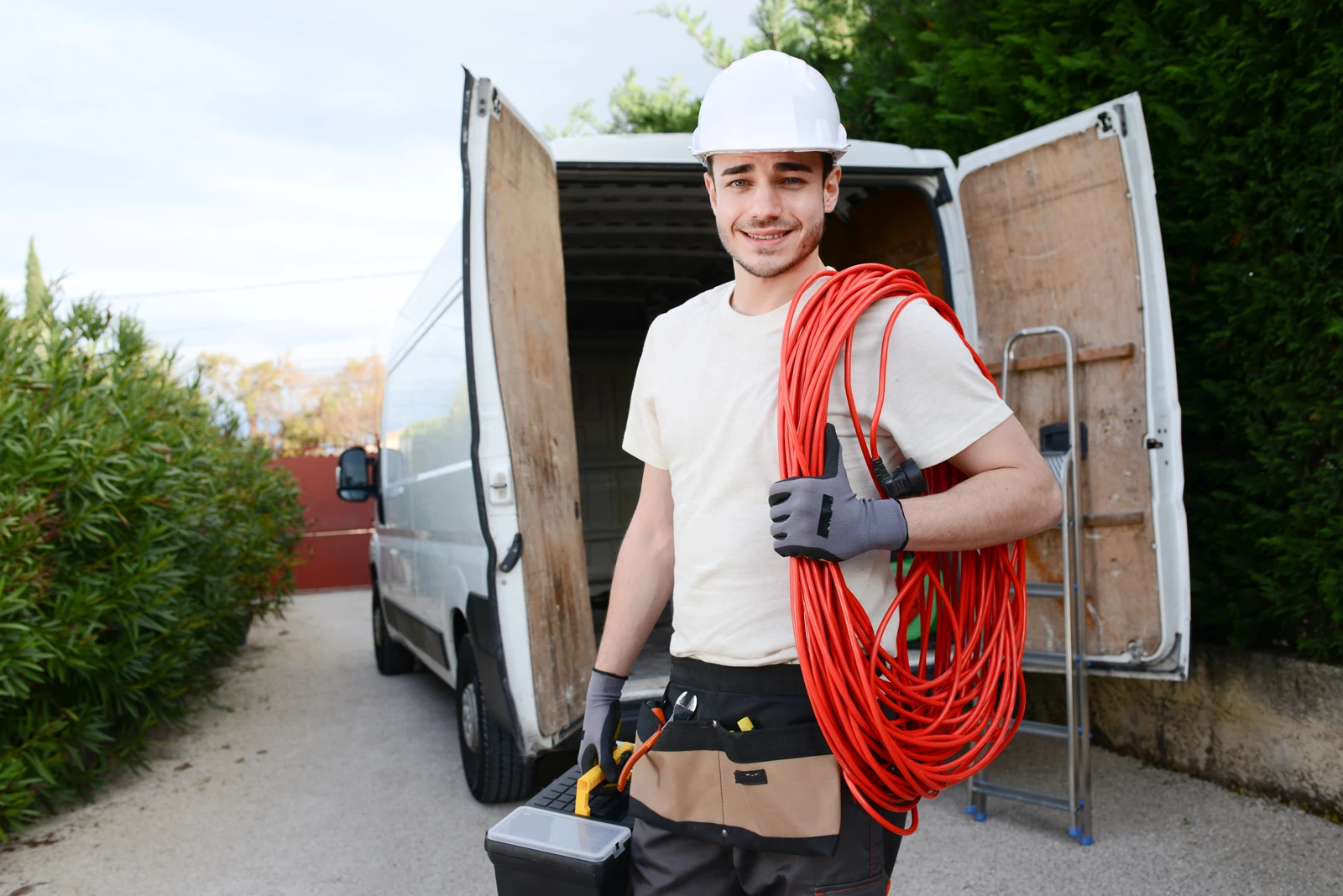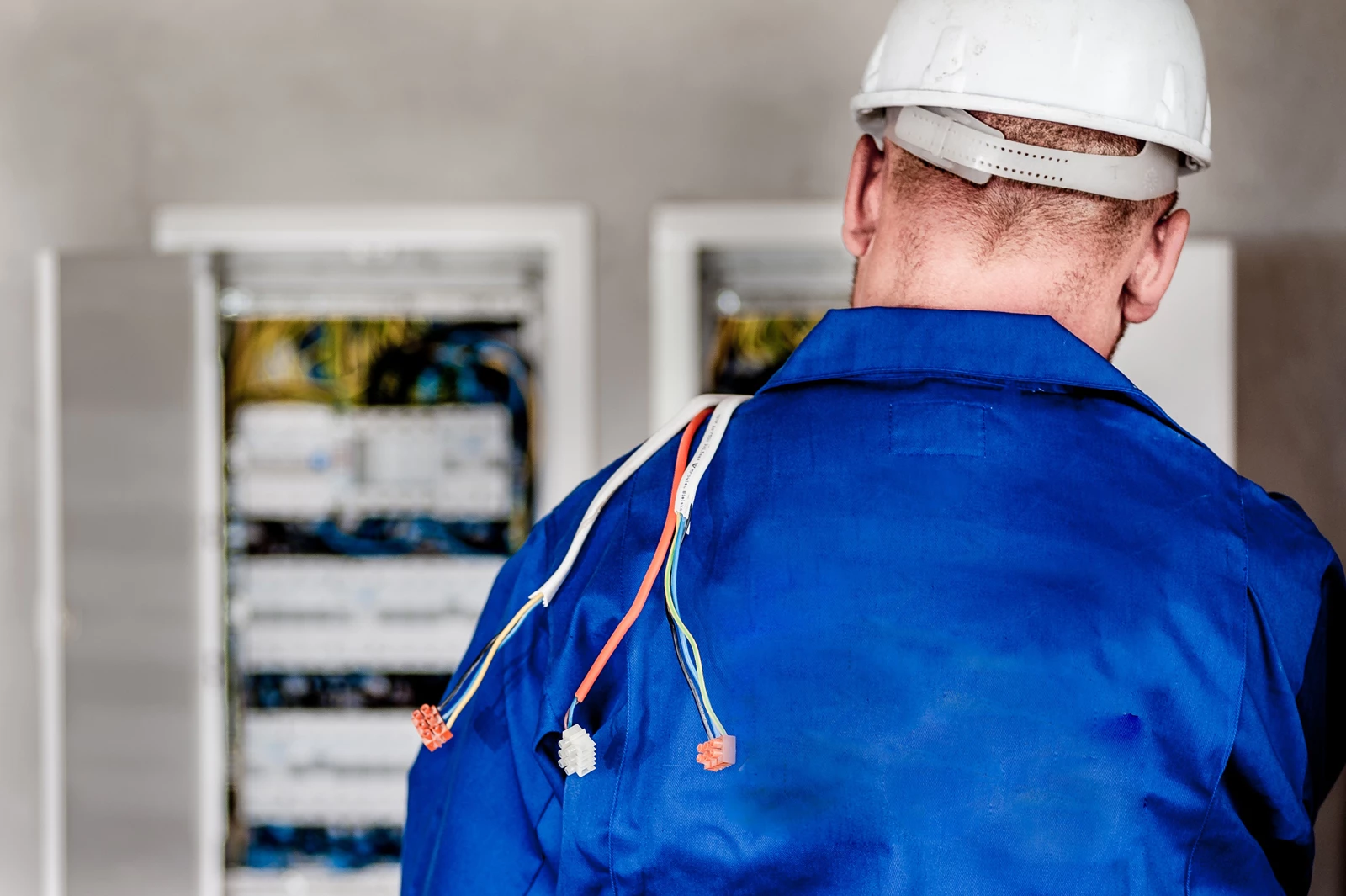16/01/2020 | Category: Commercial Insurance

Landlords are responsible for electrical safety in their properties, but there can be confusion surrounding landlords’ obligations in this area.
That’s because while private landlords are legally required to provide energy performance and gas safety certificates, there’s not always a requirement to provide evidence of safe electrics in a property. As a result, some landlords either spend more than they need to on checks or fail to fulfil their obligation (opening themselves up to potential prosecution). Clearly, neither of those options are good for landlords.
To help reduce this confusion, regulations stating landlords are legally obliged to carry out regular electrical safety checks are expected to be introduced some time in 2020. But until then, what do landlords need to know about electrical safety in rental properties?
What are a landlord’s obligations?
There may not be an equivalent gas safety certificate for electrical safety, but there are still regulations landlords must adhere to.
Different landlords will have different obligations depending on the type of rentals they offer. For example, every landlord will be required to provide safely installed and maintained lighting. However, for landlords providing white goods or fully furnished properties, their responsibilities will extend beyond lighting alone.
Information about landlords’ obligations relating to electrical safety can be found in The Landlord and Tenant Act 1985, The Housing Act 2004, and The Consumer Protection Act 1987. Meanwhile, Part P of the Building Regulations requires that certain types of electrical work taking place in a property must comply with certain standards.
In addition, landlords are legally obliged to ensure all electrical work is carried out by competent electricians.
Landlords electrical safety checklists
Landlords are required by law to ensure:
- The electrical installation in a rented property is safe when tenants move in and is maintained throughout the period of that tenancy.
- Inspections are carried out once every five years in a house in multiple occupation (HMO). If the rental property is not an HMO, you are not legally required to do this.
- That all appliances provided in the property are safe and meet the requirements of European law (shown by the CE marking).
Advice from Electrical Safety First recommends that landlords also ensure they:
- Carry out a visual inspection of the property between every tenancy.
- Use a registered electrician for any work carried out on the property.
- Carry out electrical safety tests and inspections throughout the tenancy as part of the rental agreement.
- These should take place every five years.
- Ensure all appliances provided bear the British Standard Kitemark or the ‘BEAB Approved’ mark (British Electrotechnical Approvals Board).
It is also advised landlords have specialist home insurance cover to protect the property – especially when it is left unoccupied for periods of time between tenancies.
How can landlords keep their property electrically safe?
Here’s how landlords can ensure they keep the electrics in their rental property as safe as possible:
- Don’t provide anything you don’t need to. Lighting is a given and white goods are a nice-to-have, but items such as toasters and microwaves are just adding to your electrical safety to-do list.
- Keep all receipts for any appliances you do provide and give tenants the manuals and safety notices for each of them. Extended warranties are also a good idea, as is making sure tenants have everything they need to deal with issues as they arise (making sure they also keep you in the loop).
- Get a qualified electrician to check the property’s fuses, sockets and appliances.
- Make sure the property’s inventory includes fuse ratings, as well as the condition of appliances, sockets, plugs and flexes.
- Ensure tenants are aware of – and have access to – the fuse box.
 Changes in the law surrounding electrical safety
Changes in the law surrounding electrical safety
Until changes in legislation surrounding electrical safety in rental properties comes into force, landlords are advised to follow the above best practice.
In January 2019, the Government announced its intentions to continue with plans first announced in 2018 to introduce regulations requiring landlords carry out five-yearly safety checks of the electrical installations in their properties. In October last year, the provision of the Act relating to these checks came into force for the purpose of making regulations, but the electrical checks themselves are not yet a legal requirement. It is expected that they will come into force in 2020.
Changes in the law that have already come into play include the Fitness for Human Habitation Act, introduced in England in March 2019, which states that if a rental property is considered unfit for humans to live in it, the tenant can sue the landlord for breach of contract.
What are the consequences if landlords do not meet their electrical safety obligations?
According to estimates from the Department for Communities and Local Government (DCLG), around 20 people each year die from electrocution or fatal electric burns suffered at home. The data also shows that around 20,000 accidental electrical fires cause approximately 50 deaths and 3,500 injuries every year.
The figures show this is something landlords need to take seriously. And if that’s not motivation enough, here are some of the risks landlords face if they do not meet their electrical safety obligations. These include:
- Having their home insurance deemed invalid.
- Paying a fine of up to £5,000.
- Serving a prison sentence of up to six months.
- Facing charges of manslaughter in the event of a tenants’ death.
- Being sued by tenants or their friends and family (under the Fitness for Human Habitation Act).
As long as landlords carry out all the legal and advised measures, they can avoid these risks. The electrical checks and tests expected of landlords are neither time-consuming nor costly, so there is no excuse for not doing them.
Make sure your property is protected. If you’re a landlord, your property may be left empty at certain times throughout the year. Even if you are vigilant with electrical checks and inspections, issues can occur – so you want your home to be protected even when it’s empty.
With unoccupied home insurance, you can get cover that is affordable and keeps your rental property protected. Get in touch with the team at Insurance Choice to find out more about unoccupied home insurance today.
